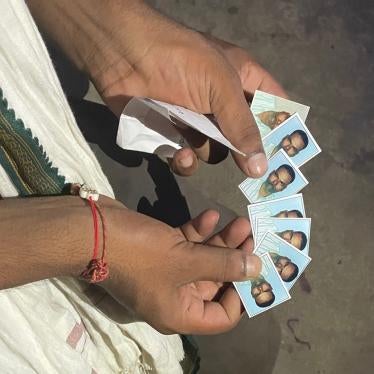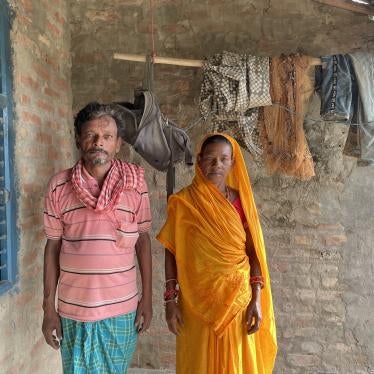Last Sunday, the Union of European Football Associations (UEFA) Working Group on Human and Labour Rights, representing 10 football associations, reaffirmed their support for a remedy fund for Qatar’s migrant workers. UEFA demanded that FIFA, global football’s governing body, “deliver concrete answers” on this issue. This much-needed intervention was likely in part a reaction to FIFA’s letter to qualifying teams last week telling them to “please, let us now focus on football.”
FIFA’s unofficial “shut up and play” policy is especially ghastly viewed against the backdrop of the past decade where thousands of migrant workers were subject to wage theft and families lost sole breadwinners to unexplained deaths. UEFA has rightly recognized Qatar’s promising recent reforms while also demanding remedy given that much of it came too late or was weakly enforced for many workers to benefit.
FIFA has evaded previous calls to commit to remedying migrant worker abuses, and it is possible they are bowing to Qatari pressure. Last week, Qatar’s Labour Minister rejected calls for a compensation fund, while FIFA has for months issued non-committal remarks on establishing a fund to address the organization’s human rights responsibilities. FIFA President Gianni Infantino meanwhile has made a string of remarks whitewashing the serious abuses migrant workers faced building tournament infrastructure in Qatar.
But the world is literally watching. FIFA’s strategy to bury their heads in the sand and buy time until November 20, hoping that the excitement for the game overshadows all other concerns, is failing.
Every aspect of the upcoming tournament will be a reminder of the sweat and sacrifices of migrant workers that made it possible. The “state-of-the-art” stadiums and the surrounding infrastructure were all built by migrant workers, many of whom were not paid full wages or worse, did not return home alive. The minute fans or players land in Doha, from the airport staff they meet, the drivers taking them to hotels, the hotel staff checking them and cleaning their rooms, the restaurant waiters taking their orders, to the staff controlling crowds and checking tickets will overwhelmingly be migrant workers.
For families of the deceased workers, grieving wives, parents, children, who were never compensated, the World Cup is a reminder of their personal loss and their daily struggle to survive.
Two weeks to the start of the tournament, FIFA should rethink its delay and diversion strategy and commit to the remedy fund.









